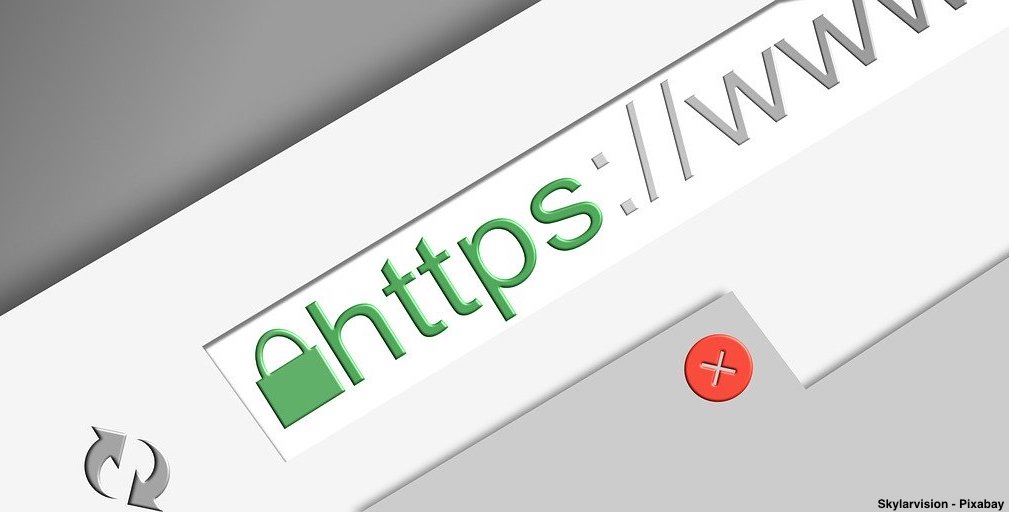
Even among laypeople, one hears more and more about “certificates” for websites, better known as SSL (Secure Socket Layer). The reason is that these certificates have become important not only for sites that do business or PA, but also for small websites and personal blogs. But why are they so essential and how do they work? Simply put, a certificate creates a secure (encrypted) link between the browser used to surf the Web and a server or corporate network where the site resides. Its purpose is to make sure that no one is able to intercept the information flowing over the Internet between the two parties. If for personal sites they are additional security, SSL protocols obviously become fundamentals when it comes to sites that handle personal information such as those of public administrations, Web stores, and banking institutions where commercial and financial transactions take place. A classic example is the protection of credit card data of customers shopping in an online shop.
Invisible but not too much
The procedure for exchanging data securely is known as SSL handshake and consists of a series of steps through which the client (our computer or smartphone) and the server on which the site resides, validate each other and begin communicating through a “tunnel” in which data is securely transferred. Security is provided by a “public key” encryption algorithm. The whole thing is invisible to the end user, except that visitors to the website can verify whether it is certified by the browser address bar, the https wording in front of the website address, and the padlock icon that, depending on the browser used, is placed before or after the address. In addition to protecting data and transactions, the SSL certificate thus becomes extremely important for instilling greater security to users visiting the site, creating a kind of trust relationship. Let’s just think about how counterproductive it can be to access a web page without an SSL certificate and see an “unsafe site” warning appear in the browser. Not to mention that a few years ago (2014), Google decreed that SSL certification has become a key factor in a site’s ranking in its search engine, which, it should be remembered, is the most widely used in the world.
Are all SSL certificates the same ?
The answer to the title question is “no.” There are a variety of options to choose from: starting with free certifications that are worth what you pay for, then moving on to standard certifications (offered inexpensively), and finally to advanced certifications, which are essential for sites with special security requirements. Depending on the type of certificate, maximum compatibility with browsers is also guaranteed and also a guarantee to cover the risk of tampering with the certificate itself. To give a few examples, InstantSSL certificates are ideal for small e-commerce sites and allow customers to complete transactions securely so that no one can read or change information as they travel over the Internet. While Extended Validation (EV) type SSLs are ideal for corporate sites, large e-commerce stores and banking institutions. Highly articulated sites or sites with subdomains should rely on WildCard-type certificates. Hypergrid issues digital certificates for every need, and the team’s experts can recommend the type of certificate best suited to your needs. On the other hand, those who are already sure which certificate to adopt can purchase it directly from our e-shop at https://eshop.hypergrid.it in the section Certificates. SSL certificates are activated within 60 seconds of purchase, but Hypergrid can also help you with installation and configuration. Then remember that each product has included in the price the services of technical support by phone or email.
For more information contact us at: info@hypergrid.it

Devi effettuare l'accesso per postare un commento.